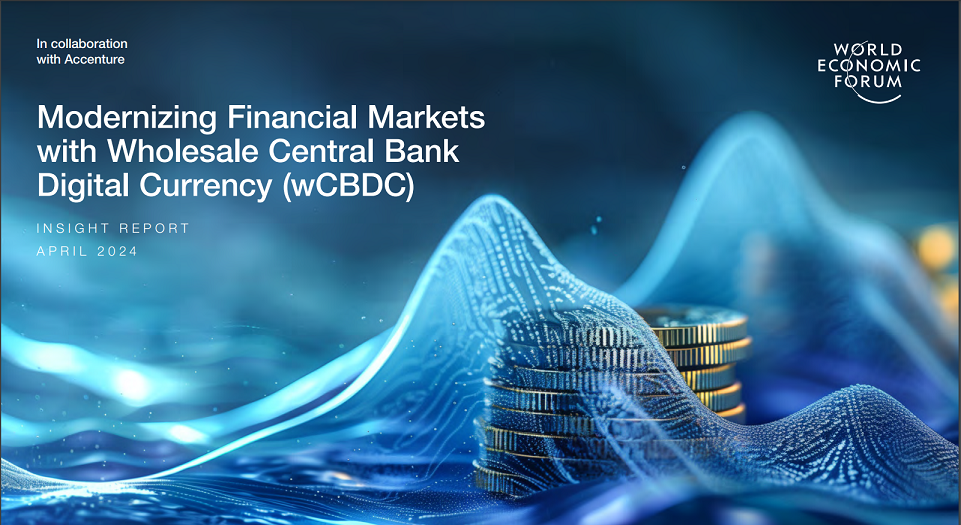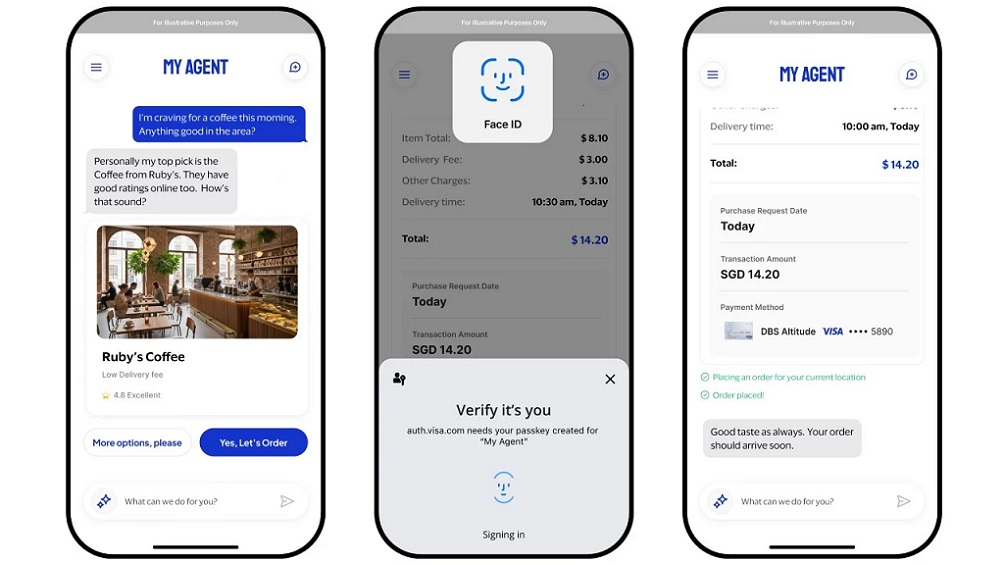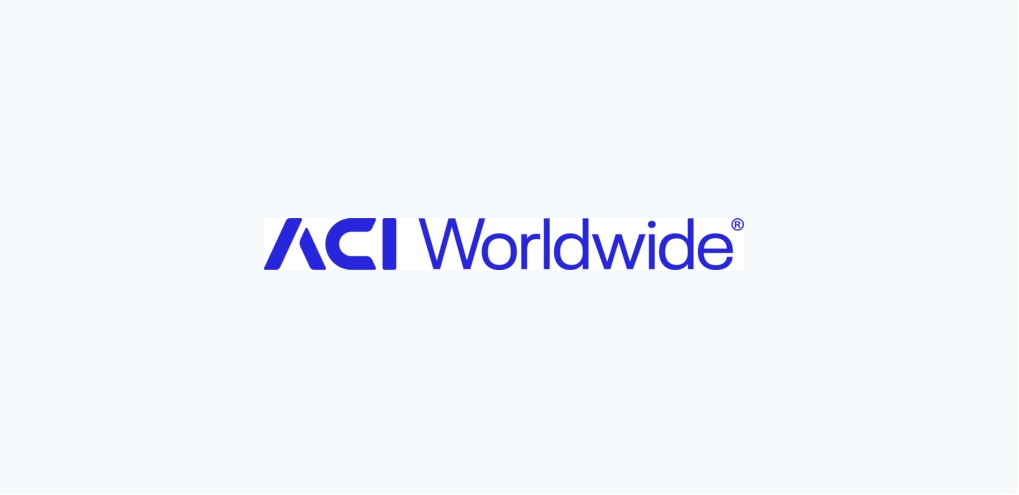Modernizing Financial Markets with Wholesale Central Bank Digital Currency (wCBDC)

This report explores the potential of wholesale central bank digital currency to address challenges in
financial markets through a global multistakeholder approach. Over 98% of the global economy’s central banks are researching, piloting or deploying central bank digital currency (CBDC). There is an opportunity to harness this innovation in central bank money to enhance systemically important payments and securities transactions between financial institutions.
Central bank money (CeBM) is crucial for interbank payments and securities transactions because it is virtually free of credit and liquidity risk, enables institutions to reach settlement finality and promotes financial stability. CeBM is ideal for systemically important transactions despite the emergence of alternative payment instruments.
Wholesale central bank digital currency (wCBDC) is a form of CeBM that could unlock new economic models and integration points that are not possible today. wCBDCs promise to preserve the role of CeBM as a credit risk-free payment instrument by providing a foundational layer for digital payments in the next generation of financial markets.
Developed by the World Economic Forum and in collaboration with Accenture, this report highlights the transformative potential of wholesale CBDC (wCBDC) in modernizing financial markets. With the use of wCBDCs already materializing, this report offers timely insights for public and private sector leaders evaluating the potential role of wCBDC in their jurisdictions. This critical analysis advocates for collaboration among central banks, commercial banks and financial market infrastructures to use wCBDC to address interbank payment and securities transaction challenges.
The report suggest wCBDC systems are well-positioned to modernize cross-border transactions, especially those involving multiple parties and assets like FX or securities.
There is a set of persistent industry challenges that require modernization beyond introducing a new payment innovation. Further evidence is needed to conclude whether wCBDC can effectively address: liquidity management optimization, CeBM accessibility, compliance by design and new and existing system interoperability. This report offers a set of calls to action for the industry to consider and continue advancing the global dialogue in these areas.
Real-time gross settlement (RTGS) systems and legacy infrastructure are being modernized to meet evolving demands, and these systems will exist in parallel with wCBDC. Likewise, privately issued reserves-backed digital currencies (RBDCs), deposit tokens (DTs) and fiat-backed stablecoins (FBSs) are examined to distinguish their potential role with wCBDCs and envision a digital payments ecosystem where a diverse set of payment options coexist.
Emphasizing the need for secure and efficient settlement infrastructures, the report calls for deep public-private collaboration to navigate the evolving digital finance landscape effectively. The report seeks to improve the efficiency, security and inclusivity of the financial system, paving the way for a more resilient global economy.
Dariusz Mazurkiewicz – CEO at BLIK Polish Payment Standard
Banking 4.0 – „how was the experience for you”
„To be honest I think that Sinaia, your conference, is much better then Davos.”
Many more interesting quotes in the video below:










